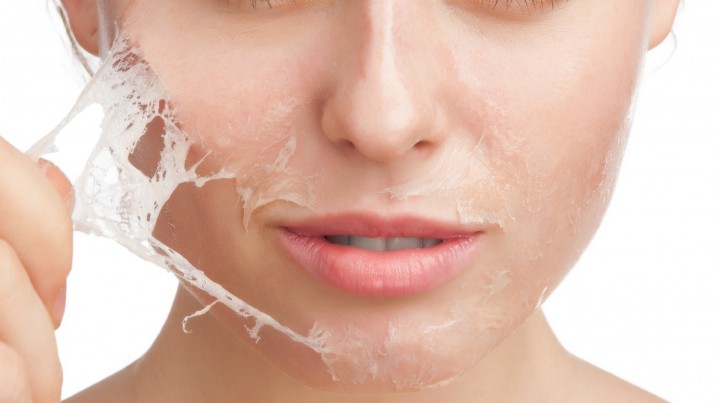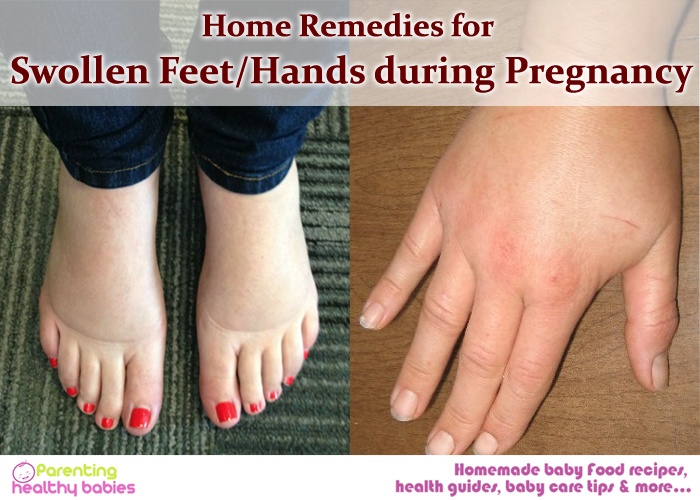Pregnancy is a special time for every woman. However like all good things, this comes with a lot of extra precautions. Your body goes through immense physical and mental changes during pregnancy. You have to be extra cautious about what you eat, drink what physical activities you perform, your health and lifestyle and apply on your skin and body. That is why you need to consider a lot of things before getting a chemical peel during pregnancy.
All You Need to Know about Chemical Peel During Pregnancy
What is a Chemical Peel?
Chemical peeling is a method used to rejuvenate your skin when it has become dull and lifeless by removing the uppermost layer of your skin. It is commonly done on your face, neck and hands. It is essentially damaging your skin by removing the bad layer, but in a controlled medical setting using chemicals. Chemical peeling effectively removes acne marks, blisters, freckles, pigmentation, dark circles and wrinkles.
How Should you Prepare Before a Chemical Peel?
Before you get a chemical peel, your health practitioner will probably ask you to stop taking some specific medication and prepare your skin for the procedure by suggesting other medicine. You need to avoid extremely drying products on your skin before a chemical peel. Retin-A, Renova, or glycolic acid, a few other anti-biotics and antiviral medicines might be prescribed by your doctor. Make sure you talk to them in detail about your medical history and existing skin conditions and allergies to obtain the best results after your treatment.
What Should you Expect After a Chemical Peel?
The kind of after effects of a chemical peel will depend on whether you get a light, medium or deep facial peel. However, all chemical peeling is an intense process because your skin comes into contact with strong foreign chemicals which it is not used to. Hence your skin is very sensitive after a chemical peel and can have redness and scaling and excessive dryness that is similar to sunburn. For mild and light peeling, these symptoms usually go away by one to four weeks depending on your skin’s recovery process, the climate and your diet and lifestyle.
A medium peel can cause swelling and your skin may turn brown. Blisters may also appear initially. The skin hardens and peels off over a period of one to two weeks. Medium peels can be repeated every six to twelve months if you need it.
A deep chemical peel is very close to a skin surgery and is so strong that It is advised to be performed only once in your lifetime. After the treatment, you may need to apply bandages for one to three weeks on the parts of the skin treated. Also, you need to avoid the harsh sun and too much dust and pollution because after the chemical peel the new skin is extremely fragile. You will need to avoid using oral retinoid, skin treatments like botox, and waxing and threading for at least two weeks after chemical peeling.
Read More: Is Your Skin Changing During Pregnancy?
What are the Types of Chemical Peels?
The American Society for Dermatologic Surgery outlines three levels of chemical peeling.
The superficial or lunchtime peel uses alpha-hydroxy acid or another mild acid is used to gently exfoliate the outermost layer only to treat mild problems. It can cure acne, dullness, pimples and leave your skin feel rejuvenated.
Glycolic or trichloroacetic acid is applied for a medium peel to reach the outermost and middle layers of skin to remove damaged skin cells to treat moderate skin conditions and problems like actinic keratosis. This is more intense than the first kind of peel and the patient will see considerable improvement and reduction of pigmentation, dark circles, fine lines and wrinkles.
Trichloroacetic acid or phenol is used for a deep peel and penetrates the middle and deep layers of the skin. Along with removing wrinkles, acne marks, freckles, sunburn, it can even remove shallow scars. However this is an intense treatment and can only be done once by a patient. Repeated use of this procedure is dangerous.
Is Chemical Peeling Safe During Pregnancy?
To answer in short, no, chemical peels are not safe during pregnancy. According to a study conducted by the Oregon Medical and Science University, people who are pregnant, breastfeeding or even currently trying to get pregnant should avoid chemical peels at all costs.
Why Chemical Peels are Unsafe During Pregnancy?
Frankly speaking, your skin is bound to go through a lot of ups and downs during pregnancy. Everybody talks about the pregnancy glow and how magical it can be, but the reality is with morning sickness, lethargy, crazy cravings, fluctuating appetite and mood swings, pregnancy can be difficult. To feel better about your skin, a chemical peel might seem like a quick and easy fix, but it is very harmful for your baby.
There are risks associated with chemical peeling in general. If your skin does not react well to the treatment, it can worsen your skin condition, cause redness, dryness and irritation.
Deep chemical peels use chemicals like glycolic acid and phenol, which can deeply penetrate your skin. In extreme cases, it can even enter your bloodstream and harm the fetus.
For medium and deep skin peeling, anesthesia is used for the treatment. A study published in the US National Library of Medicine National Institutes of Health journal Anesthesiology in the year 2016 states the link between anesthesia and chances of miscarriage. There was an increased risk of spontaneous miscarriage if a woman undergoes anesthesia, especially during the third trimester.
Lighter peels using lactic acid and other fruit acids can be safe during pregnancy, however it is best to consult a doctor and be absolutely certain about the results, risks and side effects. During pregnancy, the health of your child and your own body should be of utmost priority, and not your outer appearance. You can use natural home remedies to cure your skin conditions and avoid chemical peels to ensure a safe and happy pregnancy!
Read More: Top 7 Annoying Pregnancy Skin Issues and Remedies
Sources
https://www.ncbi.nlm.nih.gov/pubmed/3717642
https://www.ohsu.edu/xd/health/services/dermatology/our-services/laser-and-cosmetic-dermatology/upload/Chemical-Peel-Guidelines.pdf













